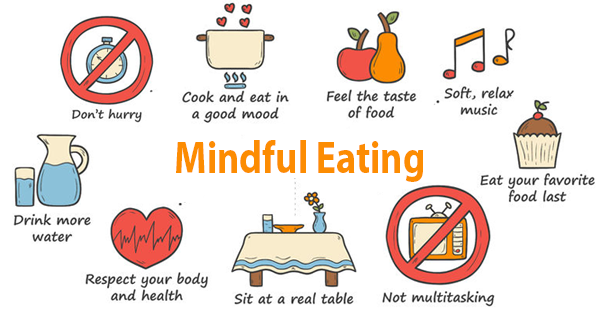Amidst a world filled with calorie counting, trendy diets, and countless food rules, we often overlook a simple yet powerful practice—tuning into our bodies. Mindful eating is about being fully aware and present during meals, and it might just be the secret to achieving lasting results in your weight loss and health journey.
Unlike strict diet plans, mindful eating doesn’t focus on what you should eat but rather on how you eat. It encourages slowing down, recognizing your hunger signals, and truly savoring each bite. This shift can dramatically improve your relationship with food—especially for those participating in a weight loss diet program in Mumbai, where busy routines and fast eating are common challenges.
Understanding Mindful Eating
Mindful eating stems from the practice of mindfulness, which is a meditation technique centered on being present in the moment. When applied to eating, it means paying close attention to the flavors, textures, and sensations of your food. It’s not about being perfect but about becoming aware—recognizing when you’re full, feeling satisfied, or eating due to emotional triggers like stress or boredom.
Why Mindful Eating Supports Weight Loss
Many instances of overeating aren’t driven by true hunger but by emotional factors, distractions, or ingrained habits. Eating while watching TV or browsing your phone prevents your brain from fully processing how much food you consume, often leading to overindulgence and weight gain.
Practicing mindful eating helps you pause and evaluate: Are you genuinely hungry, or just eating out of fatigue or habit? Are you feeling full halfway through your meal, or continuing to eat mindlessly? Being honest with these questions can reduce unnecessary snacking and emotional eating—two significant obstacles faced in many body transformation programs.
The Advantages of Mindful Eating
- You naturally manage portion sizes, eating less without feeling deprived.
- Slower eating enhances digestion and gut health.
- You develop a preference for wholesome, nutritious foods.
- It encourages sustainable, long-term weight management rather than quick fixes.
Tips to Practice Mindful Eating
Here are some simple ways to begin:
- Focus on one meal a day: Choose a meal to eat without distractions like screens. Sit calmly, take deep breaths, and concentrate on your food.
- Chew with awareness: Pay attention to the taste, texture, and smell of each bite. Thorough chewing aids digestion and helps your brain recognize fullness.
- Check in with your hunger: Midway through your meal, pause and ask yourself: Am I still hungry? How does my body feel? This helps prevent overeating.
- Avoid judgment: Mindful eating isn’t about guilt. Whether enjoying a salad or a treat, savor it fully and don’t criticize yourself afterward.
- Be patient: Like any new habit, mindful eating takes time and practice to become natural.
Combining Mindful Eating with Professional Programs
Mindful eating is powerful on its own, but when paired with expert support, it becomes even more effective. Many reputable weightloss diet programs in Mumbai now integrate mindful eating practices into their coaching, helping participants not only shed pounds but also gain a deeper understanding of their body’s signals.
Similarly, leading body transformation programs in Mumbai emphasize that true change involves more than exercise and nutrition—it requires altering behaviors and mindset. Mindful eating fosters this connection between mind and body, making it easier to stick with your goals and avoid yo-yo dieting.
In summary, mindful eating is about awareness rather than restriction. Slowing down and truly connecting with your meals can transform your approach to food and promote healthier habits. Whether you’re embarking on a weightloss diet program in Mumbai or enrolling in a comprehensive body transformation program in Mumbai, mindful eating could be the key to lasting success.







